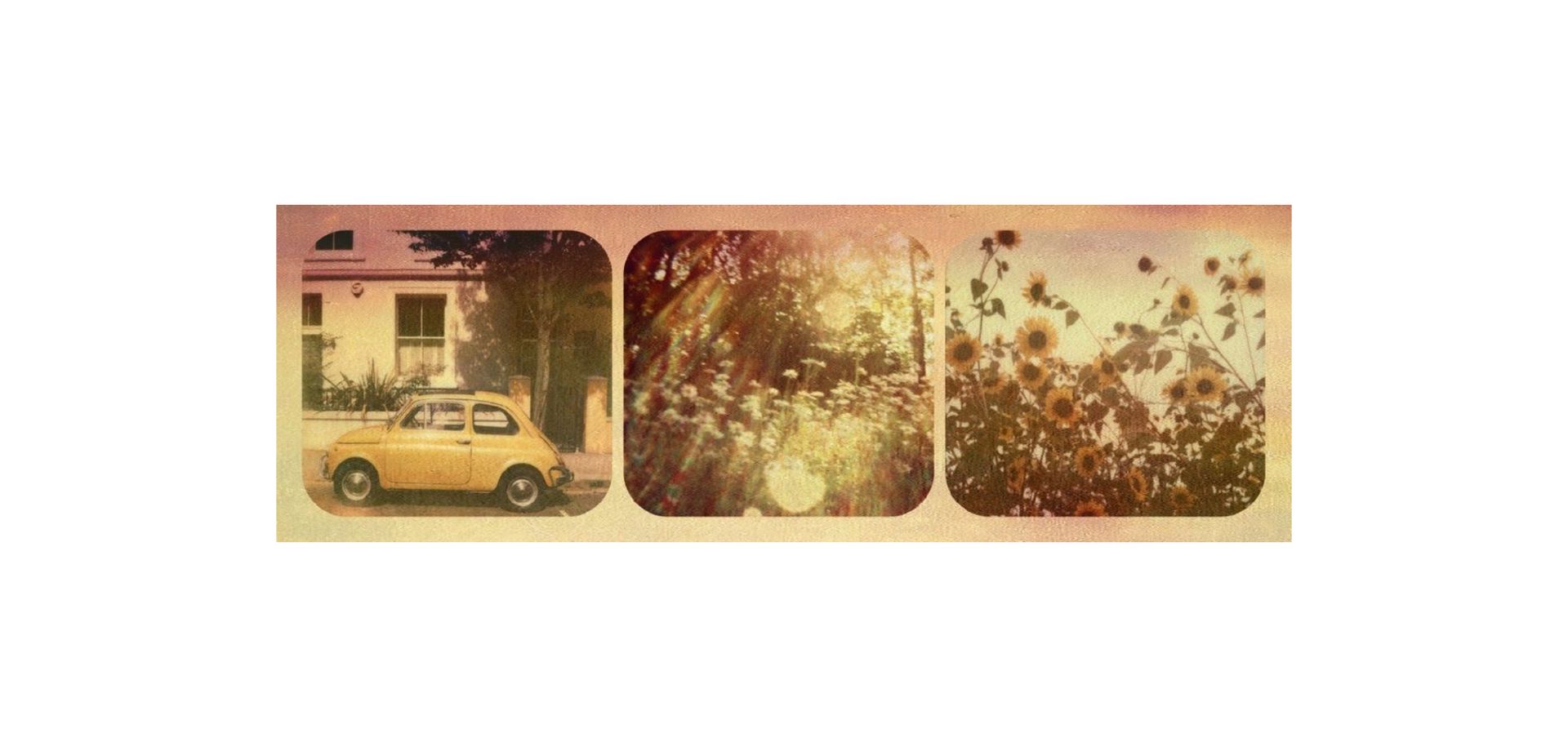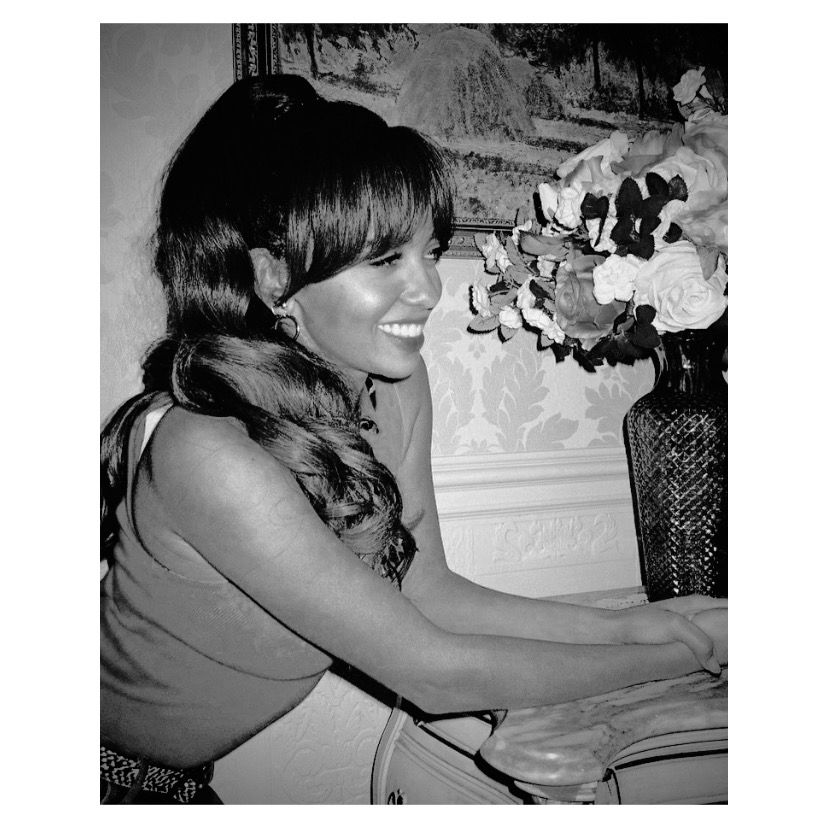I. Culver Days
Chapter One. Culver Days
1950s


Honey Lane, 1969.
Reprinted with permission of
Rolling Stone magazine
Honey Lane American film actress and model who became a household staple during the 1960s, starring in a mirage of successful films, and who is considered a pop culture icon.
Diane Langston (author of Honeycomb: Honey Lane's Claim to Fame): There was something, and still is something, so profound about Honey Lane. During her rise, the civil rights movement was in full effect. This was a time where tensions were at an all time high. The pot, as America had known it, was boiling over. The residual was catastrophic. It still is, and yet, Honey was able to slip through the cracks, so much so that she became the concrete of an era.
There was something about her that drew eyes. She had this staple style, this incredibly captivating aura. She was sunshine incarnate, radiating an energy, both so beautiful and so lethal, that it was remarkable. (Pauses) It was truly remarkable.
It's even more remarkable that'd she'd curated herself all on her own, built a brand before it was an established part of someone's claim to notoriety.
Frances Elaine Murray was born on August 1st, 1950 in the small Louisiana town of Culver to Trinity Murray, homemaker, and Gerald Murray, merchant marine.
Honey Lane (starlet): Everyone always questions how one claims such fame, such attention. It all starts with a dream and you either hold onto it, ignore it, or let it drag you down under. I chose to hold on. I held on real tight. It was the only thing I had left to cling to. But it's interesting that there's three choices, considering they all tie in together eventually.
Growing up, I'd experienced a fair share of hardship. Louisiana in the fifties was both booming and stagnant all at once. I'd known nothing about fair skin, only to stay away from it. That my darker skin wasn't acceptable to most folk.
Mama wasn't as fertile as most of the women on our block, so I was left on my own. I had a few cousins that kept me active, but I strayed away from bigger crowds. Go figure.
We weren't wealthy by any means. We had one car and a house most would consider a shack. One bathroom, wooden planks for an exterior. But that was normal back then. Atleast to us. We were grateful.
Daddy saved up to buy a television. The picture was black and white, only got two channels. One in Lafayette and another in Lake Charles, but it was something. Especially then.
The kids in my neighborhood would play a lot of tackle football. That's where I met my first boyfriend, Terry.
Terrance Overton (childhood friend of Honey Lane): Franny wasn't like most girls. I know it's not an uncommon phrase to use, but it's true. There was something about her. She just struck me as someone I needed to know. Not should, not want. Need. So I did, and I was better for it.
Honey: Terry's of the sweetest guys I've ever come to know.
Terry: People used to say, tabloids and things, that Franny looked like Marilyn Monroe. She had the little birthmark above her lip just like her. Had this aura about her that you couldn't tear your eyes away from.
I think she looked like Frances Murray, Honey Lane, whichever. That should've been enough.
Honey: I think, as often as considered normal, what life would've been like had I remained in Louisiana.
As humans, we're almost inclined to think of all of the different avenues our lives could've ended up on. The thought with more wager would be, if given the chance to choose another from the one that's in tune with reality, would we? But that's probably just the seventies talking. (Laughs heartily)
Anyway, I still keep in touch with Terry. You don't lose touch with someone that reminds you of home while you're away. Think of it as a cheat code to all of the different avenues.
Honey Lane relocated to Atlanta,
Georgia in 1968 after graduating from high
school. She never attended University.
Paul Livingston (producer): I first met Honey when I was on set shooting Blaze & Torque. High speed action comedy's were all the rage at the time. She was working at this little country bar off of I-85, Smokehouse or something.
Honey: I worked at this little bar when I was . . . shoot, maybe nineteen? It was called Steel Horse Bar & Grill.
Paul: She was a real looker and I mean that graciously. She just had this way about her, y'know? Faces like that are real hard to come by. With a face like that, you don't make a good living serving beer to worn out big shots. You make a good living by getting in front of a camera. That's what I urged her to do. And damn, if she didn't listen to me.
Honey: Paul Livingston gave me my first big break. I'll never forgive him for that. (Laughs dryly)
Bạn đang đọc truyện trên: AzTruyen.Top